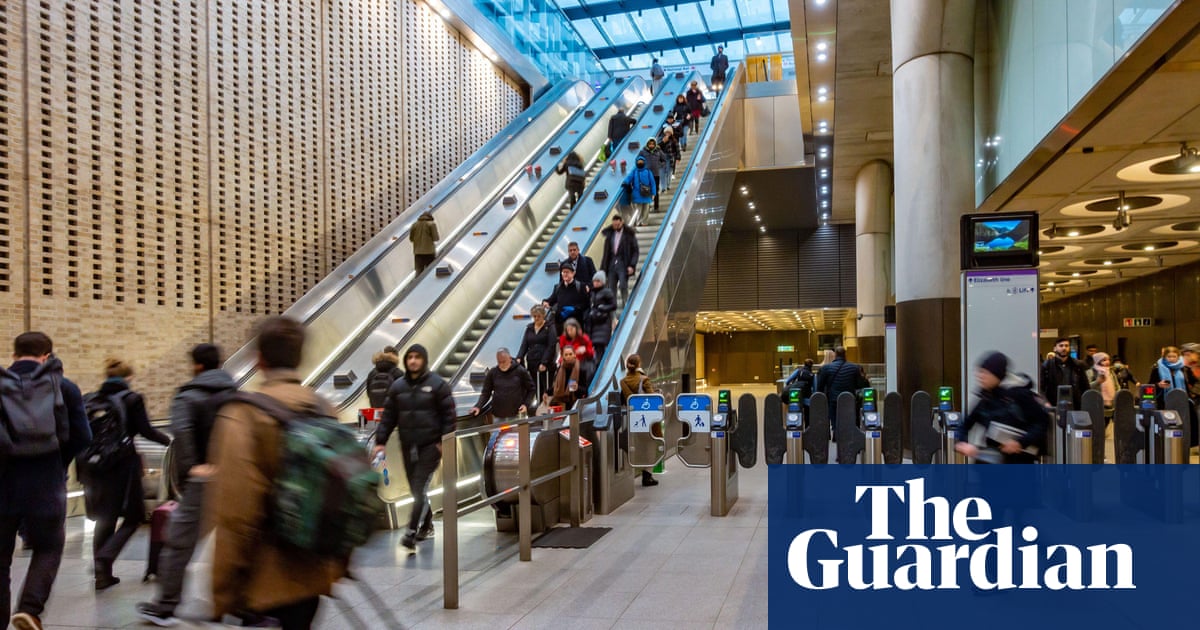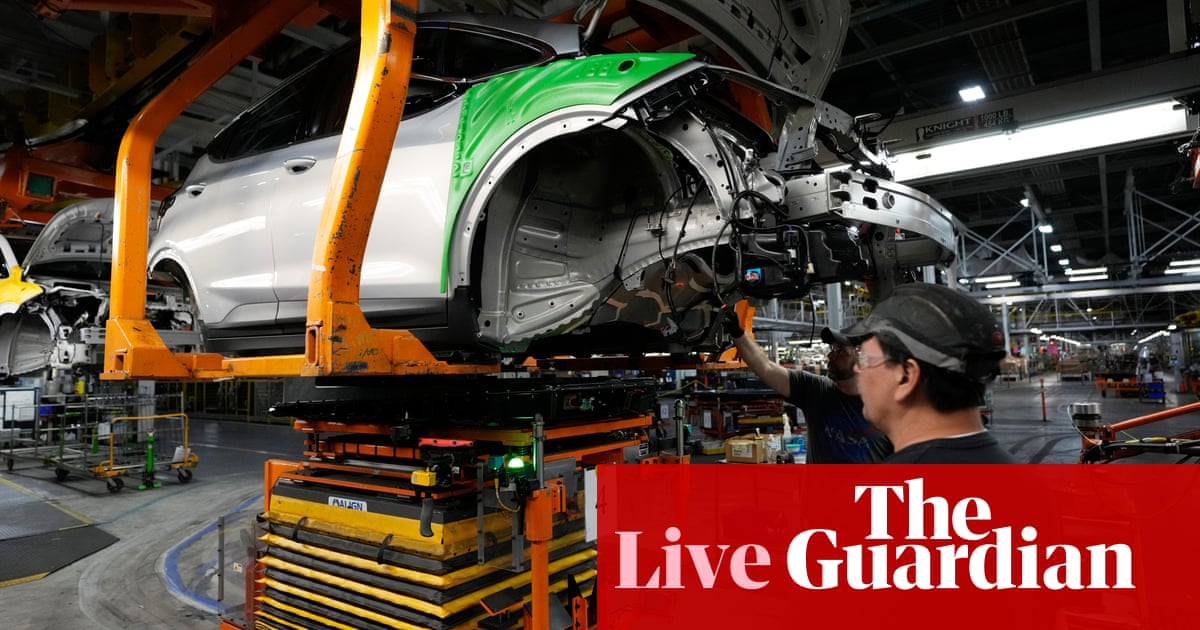
UK economic growth slowed by more than expected in February as a slump in car manufacturing undermined a sharp recovery in holiday bookings after the easing of Covid travel restrictions.
The Office for National Statistics said gross domestic product rose by only 0.1% in February, down from a monthly growth rate of 0.8% in January when the economy was recovering from the coronavirus Omicron variant.
City economists had forecast a monthly growth rate of 0.3%. Overall, the economy was 1.5% bigger in February than its pre-pandemic level .
Raising questions over the strength of the economy before Russia’s invasion of Ukraine in late February, manufacturing slumped as car producers continued to struggle with sourcing parts amid global supply chain disruption and shortages of vital components.
Activity in the sector fell 0.4% on the month, driven by a 5.4% drop in the manufacture of transport equipment and a 4.3% fall in computer, electronic and optical products, where disruption to the availability of microchips has hit production volumes around the world.
Tourism rose strongly after the easing of pandemic restrictions led to an increase in people booking holidays in the UK and overseas, with growth of 33.1% for travel agencies and tour operators. The accommodation sector, which includes hotels, recorded a 23% rise in activity as more people travelled within the UK, contributing to the first month of positive growth for hotels and camping grounds since August.
However, growth in the services sector of the economy slowed amid a drop in the health sector, largely reflecting a fall-back from high levels in the NHS test-and-trace and vaccination programmes in December and January when Omicron was at its peak.
The latest snapshot comes as business leaders and economists warn that Britain will probably struggle for growth in the coming months as soaring energy bills and the rising cost of the weekly shop drags down consumer spending power.
“The news that the economy was hardly growing at all in February suggests the economy had a little less momentum in the first quarter than we had previously thought,” said Ruth Gregory, senior UK economist at the consultancy Capital Economics. “[It] increases the risk of a contraction in GDP in the coming months as the squeeze on household real incomes intensifies.”
Thomas Pugh, an economist at the accountancy firm RSM UK, said February may be the last month of growth for a while. “Surging fuel prices, slumping business and consumer confidence and supply chain disruptions will start to be felt from March and will really kick into gear in April when consumer energy prices rose by 54%,” he said.
Some businesses said disruption from the storms Dudley, Eunice and Franklin during the month had hindered trade, including in the building industry, restaurants and takeaways, hairdressing and beauty, and leisure parks and holiday centres. Some companies reported a positive impact, such as those in fencing, torch sales and temporary off-grid power.
Reflecting the hit to the building industry as sites were forced to close and cranes became idle amid the disruption, output in the construction sector fell by 0.1% on the month.
Suren Thiru, the head of economics at the British Chambers of Commerce, said the government needed to provide more financial support to companies and businesses to deal with rising cost pressures.
“February’s slowdown is likely to be the start of a prolonged period of considerably weaker growth as rising inflation, surging energy bills and higher taxes increasingly damages key drivers of UK output, including consumer spending and business investment,” he said.
It comes amid growing pressure on the chancellor, Rishi Sunak, over his wife’s tax affairs and criticism for his spring statement last month over a lack of action to help those most in need during the cost of living emergency.
Sunak admitted the economy faced uncertainty, although he argued that £22bn of support for the increased cost of living was being made available to households this year, as well as tax cuts worth £1,000 for half a million small businesses.
“Russia’s invasion of Ukraine is creating additional economic uncertainty here in the UK, but it is right that we are responding robustly against Putin’s unprovoked invasion,” he said.












